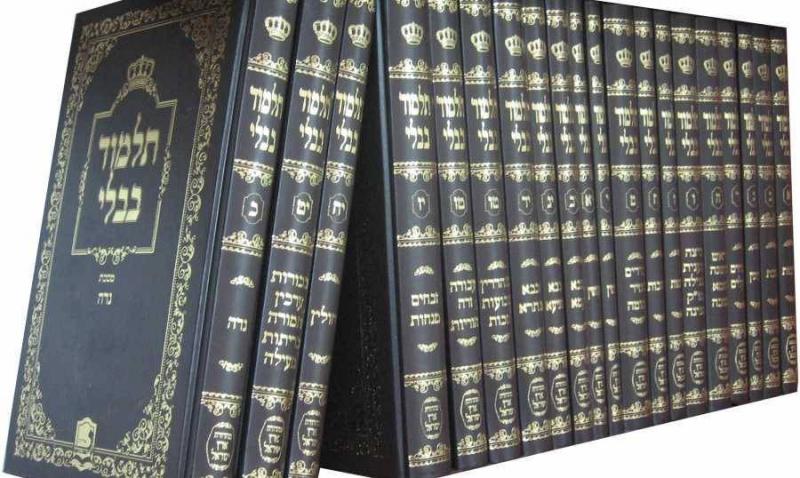While tens of thousands of Israelis have sought refuge in hotels away from their colonies adjacent to the border strip with Lebanon for the past 200 days, and businesses, factories, and tourist sites in northern Israel are suffering under Hezbollah's strikes, leaders of settlement councils fear for the future of settlement in the region. Settlers in the West Bank launched a campaign, seemingly detached from reality, calling for settlement in southern Lebanon, according to "Al-Akhbar."
On the 10th of this month, dozens of followers of the religious Zionist movement participated in the first event of its kind, called via social media—a car procession from Kibbutz Alonim in the lower Galilee, along with organizing a stand advocating for the establishment of settlements in southern Lebanon to restore security to northern settlements. Most of the participants belonged to the settlement movement Nachalah, which has collected 600 requests from Jewish families wishing to also settle in the Gaza Strip. They organized a conference in occupied Jerusalem months ago about the return of settlement to Gaza, attended by ministers and members of the Knesset from Likud and the Religious Zionist Bloc.
Since the outbreak of the war, voices have emerged calling for the return of settlement in Gaza and southern Lebanon. In an interview with Israeli Channel 13 last January, Nachalah leader Daniella Weiss stated that establishing Israeli towns (settlements) in Gaza would be the strongest blow against the enemy. If Hamas bows its head, Hezbollah will do the same. And if the latter takes more dangerous steps, we will reach a situation where there will also be settlements in Lebanon.
However, the latest procession is linked, as the invitation form clarifies, to the death of a Zionist soldier named Yisrael Sokul along with 23 other soldiers in the massacre at Maghazi, when Hamas militants detonated two booby-trapped buildings and eliminated those inside. Sokul dreamed for years of an Israeli settlement in the mountains of Lebanon, which he envisioned founding. He knew that this day would come, and according to his relative and friend, Eliyahu Ben Asher, it was time for his dream to become a reality. Therefore, his family inscribed on his tombstone the phrase "I saw you Gaza, from the shadows of the cedars of Lebanon," expressing the path he believed in before the resistance buried his dreams alongside him in the settlement of Karnei Shomron in the occupied West Bank.
Asher wrote on the Serugim website that the war for Sokul was not against terrorism or for home, but a war for the land of Israel and its heart: the Temple Mount. He was fighting to return the lands of Israel to their true sons. He added that the land of Israel does not stop being the land of Israel if the state decides to withdraw from it or if we decide to forget it. It will pursue us whenever we try to flee from it. This is what happened to us in Gaza, and this is what has been happening for two decades where Sokul's spirit now roams in Lebanon. He always believed that victory means taking the land from the enemy—lands that are the homeland: in Gaza, in Lebanon, and on the Temple Mount.
He continued that southern Lebanon is simply the northern Galilee. The clear natural border between Israel and the mountains of Lebanon runs through the Litani River, which Moses described as the land of the springs flowing in the valley and the mountain. The current Israeli borders are entirely artificial, just like the wall that Israel built along them in recent years. There is nothing sacred in the Sykes-Picot agreements that created these borders, and the separating line between mountains and valleys is merely a line on the map. Therefore, while we stand today on the brink of a major war with Lebanon... this time we must approach Lebanon with understanding and a clear vision: true Israeli control over the entire area south of the Litani, for this is the key to true security.
According to the imagination of Asher, Sokul, and other religious Zionists, southern Lebanon is part of the Promised Land that includes the territories of the tribes of Naphtali and Asher, completing the 12 Jewish tribes, extending beyond the Litani River, reaching Sidon. However, the Alonim procession was met with mockery from Israelis themselves, with some commenting on the published photos and videos: Shouldn't we first return the settlers from the north to their homes? According to "Al-Akhbar."




